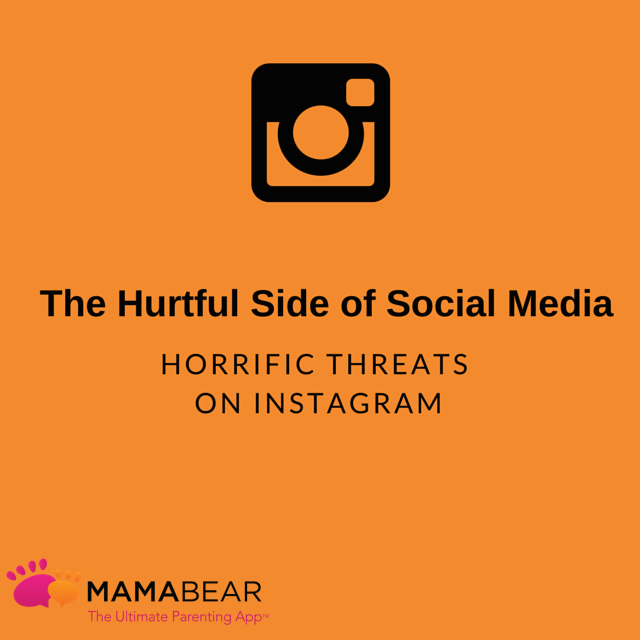Parents spend a lot of time worrying about their children oversharing on social media.
But for many parents, oversharing wasn’t something they were thinking about when they were posting baby pictures, videos of toddlers, and funny stories about their child’s embarrassing “firsts.”
When it comes to social media, are parents as guilty as their teenagers when it comes to oversharing?
How Many Parents Are Sharing?
Both mothers and fathers say they use social media and many admit to sharing photos, videos, and/or anecdotes about their children on social media. According to a national survey conducted by the University of Michigan C.S. Mott Children’s hospital:
- 84% of moms use social media
- 56% of moms use social media to discuss parenting
- 70% of dads use social media
- 34% of dads use social media to discuss parenting
Why and What Are Parents Sharing?
Parents reported that sharing parenting stories made them feel less alone and over 50% said that sharing helped them worry less.
They also said that “sharenting” was a useful way to get feedback about parenting. The survey found that nearly 70% of parents use social media to get advice. Parents most frequently discussed:
- getting kids to sleep (28%)
- nutrition and eating tips (26%)
- discipline (19%)
- daycare/preschool (17%)
- behavior problems (13%)
Sarah Clark, M.P.H., associate director of the University of Michigan C.S. Mott Children’s Hospital National Poll on Children’s Health and associate research scientist in the U-M Department of Pediatrics, talked about the positives and negatives of sharing about parenting, “On one hand, social media offers today’s parents an outlet they find incredibly useful. On the other hand, some are concerned that oversharing may pose safety and privacy risks for their children.”
How Parent Sharing Impacts the Kids?
While many parents use social media to discuss parenting, they are still concerned about what that might mean for their kids and feel that other parents are sharing too much.
Three-quarters of parents said they see other parents sharing information or photos that are embarrassing or inappropriate and information that identifies a child’s location.
Others are worried about what their own sharing will mean for their children:
- 68% worry about their child’s privacy
- 67% worry someone else will reshare their child’s photos
- 52% worry the child will later be embarrassed by the information
These concerns are valid. Oversharing on social media has created some problems for parents.
Parents have experienced “digital kidnapping,” where an individual steals photos of children and reshares them as if the children were their own.
Photos of children taken as babies or toddlers have become the basis of cruel jokes and cyberbullying, such as the Facebook group about “ugly babies.”
Related: Do You Know Enough About Cyberbullying to Protect Your Child?
How Parents Can Keep Privacy as a Priority
Parents are responsible for managing their children’s privacy from birth through their teenage years. They are also responsible for setting a good example and giving their children the tools to manage their own privacy when they become adults.
So, before you hit the share button, consider how the photo or information could affect your child if spread throughout the internet. Then, when children are old enough to have their own social media accounts, use MamaBear, The Ultimate Parenting App™, available for iPhone and Android devices, to monitor what they post and what is posted about them, and to teach them how to safely manage their accounts on their own.


 It’s after the game and you’re ready to hit the sack, but the team is hanging out in the lobby and you get asked, “Can I go to the pool with Tommy?”
It’s after the game and you’re ready to hit the sack, but the team is hanging out in the lobby and you get asked, “Can I go to the pool with Tommy?” You’re kids aren’t going anywhere without their devices, and you can use that to your advantage. Apps like TeamSnap and MamaBear help you keep tabs on the kids while letting them flex their independence simultaneously.
You’re kids aren’t going anywhere without their devices, and you can use that to your advantage. Apps like TeamSnap and MamaBear help you keep tabs on the kids while letting them flex their independence simultaneously. Find as many opportunities as you can to say yes this summer and give your child independence and social time with their teammates with safety in mind. It can make them a stronger team and offer social lessons without you peering over their shoulder.
Find as many opportunities as you can to say yes this summer and give your child independence and social time with their teammates with safety in mind. It can make them a stronger team and offer social lessons without you peering over their shoulder.

